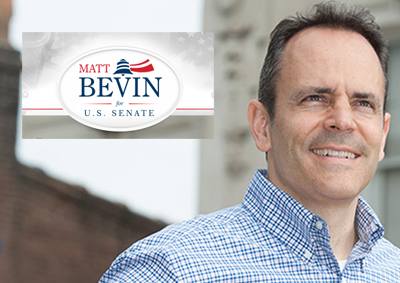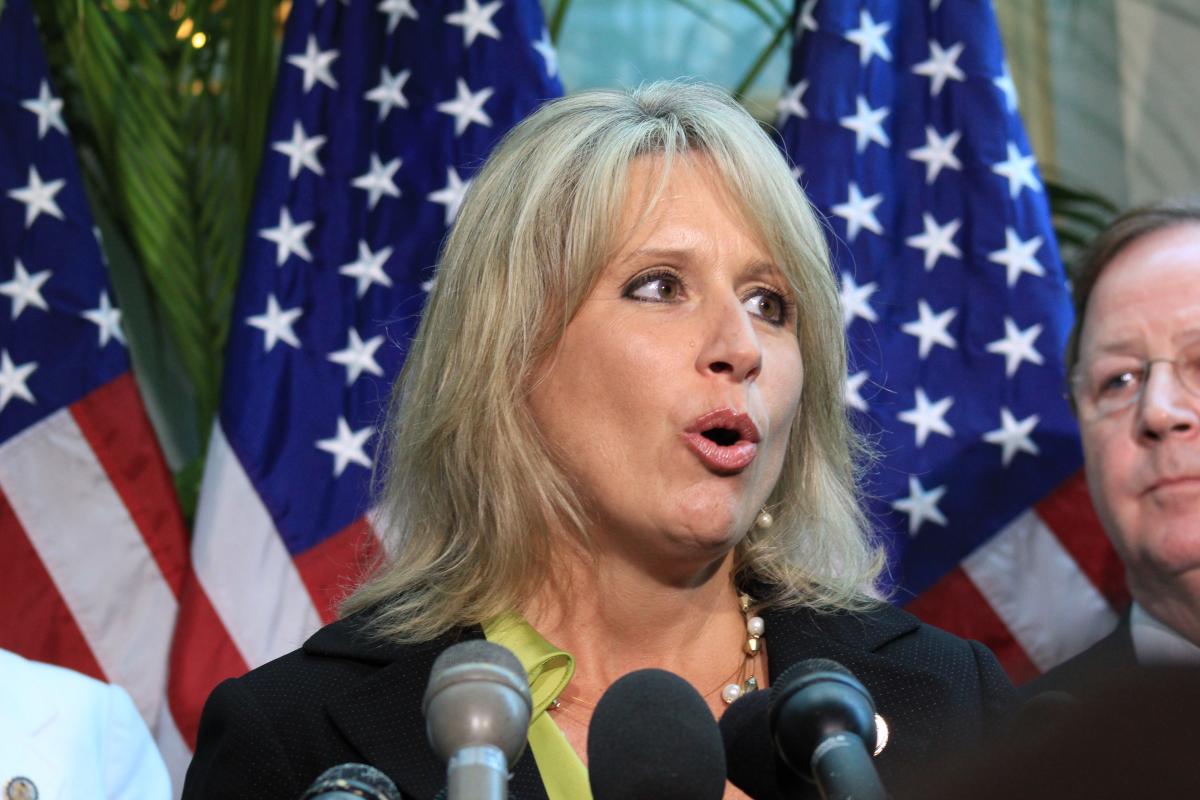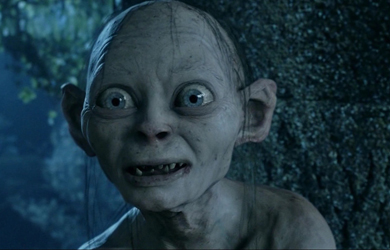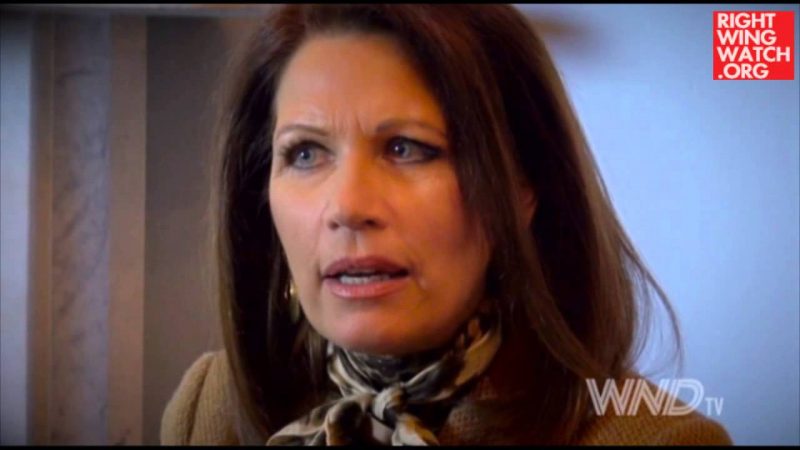It’s not completely clear why Ralph Reed’s Faith and Freedom Coalition, which he created in the wake of Obama’s election, has decided to hold an annual conference in Washington, D.C. After all, the conservative Christian voters his group works to identify and mobilize already have the Values Voter Summit, the much larger fall event sponsored by the Family Research Council and a gaggle of other right-wing groups.
One reason may be for the once-disgraced Reed to show off his political access: last week’s Road to Majority conference was thick with Republican officeholders and presidential wannabes, and I lost count of how many times Reed told participants how impressed they should be by the lineup. For the lobby day that preceded the conference itself, he was able to get face time for his participants with Religious Right and Tea Party heroes from the Senate — Ted Cruz, Mike Lee, and Marco Rubio – and House of Representatives – Louis Gohmert, Steve King, and David Jolly – along with “establishment” Republicans like Senate Majority Leader Mitch McConnell and Sen John Cornyn.
In fact, the conference may be seen by Reed as a way for him to play peacemaker among the sometimes warring factions within the Republican Party and encourage unity going into the election year. At last year’s conference, RNC head Reince Priebus had a chance to tell attendees, many of them skeptical, that he was indeed one of them, as a Christian and a conservative; this year he made an appearance via video.
Last Saturday, on panel on the 2014 elections, conservative pundit and author John Fund predicted that Thad Cochran would be defeated by Chris McDaniel. Fund said it would mark a second “humiliating defeat” for the Republican establishment (after Eric Cantor’s stunning primary loss) and should lead to a demand from the grassroots for McConnell and Boehner to work out a “peace treaty” with Tea Party activists so they could stop spending an “insane” amount of resources on internal fights. “The real enemy is in November,” he said.
Of course that’s not what happened on Tuesday. With a boost from the National Republican Senatorial Committee, the Chamber of Commerce, and ads by football great Brett Favre – and more notably with a direct appeal to African American voters – Cochran squeaked out an unexpected victory.
The “humiliating defeat” was now pinned on Tea Party groups and there was little talk about peace negotiations. Chris McDaniel’s already infamous non-concession speech turned into a rant against the Cochran campaign and Republican officials who sided with him:
There is nothing dangerous or extreme about defending the Constitution and the civil liberties therein. And there’s nothing strange at all about standing as people of faith for a country that WE built, that WE believe in. But there is something a bit strange, there is something a bit unusual, about a Republican primary that’s decided by liberal Democrats.”
…
“This is not the party of Reagan,” he declared. “But we’re not done fighting. And when we’re done it will be. We have fought too long we have fought too hard to have a voice in this party. And today, the conservative movement took a back seat to liberal Democrats in the state of Mississippi. In the most conservative state in the republic, this happened. If it can happen here, it can happen anywhere. And that’s why we will never stop fighting.”
McDaniel was backed heavily by FreedomWorks, Club for Growth, and the Senate Conservatives Fund, which denounced as “disgraceful” the money spent by the NRSC to back Cochran.
National Review’s Eliana Johnson, who moderated the 2014 panel, said the Establishment / Tea Party split has been vastly overblown by the media slapping the Tea Party label on every gadfly challenger. But on the night of Cochran’s Democratic-voter-assisted victory, Sarah Palin was talking about a third party.
For those of us outside the movement, who see the overlapping Tea Party and Religious Right movements relentlessly pushing the GOP further to the right, it can be hard to understand why there is so much anger directed at the establishment. After all, it’s not as if Eric Cantor and Thad Cochran are some kind of liberal Rockefeller Republicans.
But even these conservative leaders are not enough for grassroots activists who imbibe a steady ideological diet, from right-wing media and movement leaders, calling for a radically limited federal government and viewing compromise made in the process of governing as complicity with tyranny. Republican leaders who encouraged an angry grassroots uprising against the “tyranny” of health care reform are now reaping the whirlwind.
If there were a unifying message from Ralph Reed’s conference, it was, “America is in decline and the world is going to hell and it’s all Obama’s fault.” The solution offered was a combination of spiritual and political warfare. While right-wing groups have a common enemy in the White House, and will certainly work together this year to try to give Republicans control of the Senate, it is clear that we haven’t yet seen the end of the struggle over just how far to the far right the Republican Party will be pushed.








